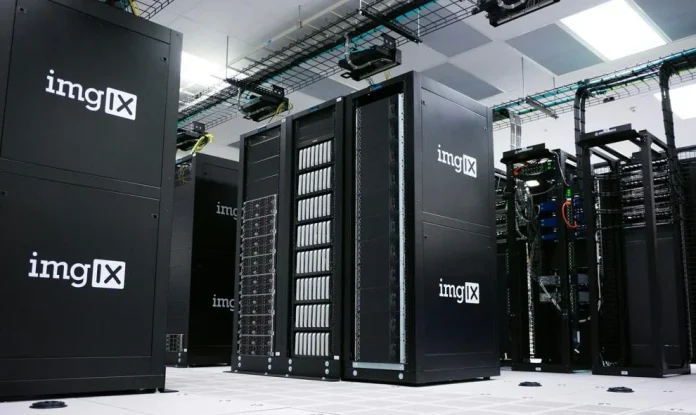(The Center Square) – With energy-intensive artificial intelligence, or AI, consuming more electricity than traditional data-center activities, reliability of the electrical grid should be the top priority, according to the Northwest Power and Conservation Council.
The Portland, Ore.-based council is a regional organization that develops and maintains a regional power plan and a fish and wildlife program to balance the Northwest’s environment and energy needs. It was created in 1980 when Congress passed the Pacific Northwest Electric Power Planning and Conservation Act.
The council’s Power Division staff are gearing up to officially begin working on the Ninth Power Plan in February 2025, according to a post on the NW Power Council website. The plan provides recommendations to the Bonneville Power Administration and the region at large on the acquisition of new energy resources.
One of the council’s major challenges is meeting the energy needs of large data centers and chip fabrication facilities.
Data center demand is increasing due to AI, which requires massive amounts of electricity.
One of the council’s primary responsibilities is energy load forecasting – also known as electric load forecasting – which is the process of predicting energy demand in the future. More specifically, the council is tasked with load forecasting over the next 20 years and figuring out the most reliable and cost-effective resources that will meet that demand for the Pacific Northwest.
According to a December report from the U.S. Department of Energy, data center load growth is expected to double or even triple by 2028.
Keeping up with current demand even as clean energy mandates evolve has complicated the Northwest’s energy future.
Robert Cromwell, consultant and former vice president of Power Supply for Central Oregon’s Umatilla Electric Cooperative, told council members during meetings earlier this month that January’s extreme weather – extreme cold, windstorms, flooding and landslides that did an estimated $32 million in damage statewide – taught the industry a valuable lesson.
“Traditional planning did not prepare us for what we experienced,” Cromwell said.
According to Newsdata.com, Puget Sound Energy set records for demand on both its natural gas and electric systems on Jan. 12. The company saw peak loads nearly as high again the next day, and it asked customers to conserve energy.
“Personal opinion on that for me is it’s almost a miracle that we didn’t have rotating load shedding around the region,” Cromwell explained. “We came that close in terms of the 5 gigs [gigabytes] of imports from the desert southwest and the intermountain west to keep the lights on here in the northwest that week.”
Cromwell believes the entire energy ecosystem needs to respond without delay and cautioned about recent forecasting that he believes is far too conservative.
“Honestly, when I first saw your forecast coming out last summer, my immediate impression was that your median case was not high enough,” Cromwell told the council, referring to estimates for the highest demand situations for power.
“My second point is transmission, transmission, transmission. At the end of the day, we’re going to need to get large resources to large loads reliably. And we’re going to need to build more transmission faster than we have at any time over the last 70 years as a region,” he continued.
Cromwell told council members most people can agree that they want power that is clean, affordable and reliable.
“Over 30 plus years, I’ve never heard anyone not articulate those things, but they very often differ on where they rank those three,” he said. “I believe the council’s priorities should be on reliability, and I say that because I feel very strongly if you want bad public policy to occur, start having elected officials attend funerals because we let the lights go out. Nothing will change public policy faster than elected officials going to constituent funerals.”
Cromwell concluded his remarks by urging the council to act with urgency.
“We do not have the time for everyone to continue executing their functions in the way that they historically have,” he said. “We need a much faster turnaround. Everything has to start happening on a much faster cadence than anyone is going to be comfortable with.”




